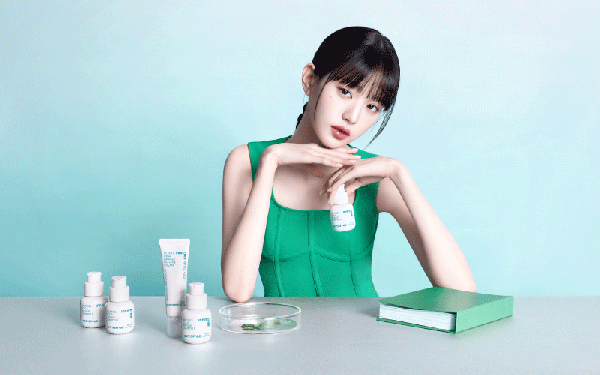What You Need to Know About Retinol
Your quick and dirty retinol cheat sheet
From acne treatment to trendy skincare ingredient, it appears that our friend retinol is here to stay. Many of you may have already heard of retinol, but sometimes knowing a little bit about something can make you feel shy to ask more questions. Shouldn’t you know by now?
Don’t worry, friends. Leave your shame at the door. This is a safe space.
What is retinol?
Retinol is a type of retinoid (a vitamin A derivative) that was originally developed to prevent and treat acne.
Why is retinol such a popular skincare ingredient?
As it was being used to address acne concerns, retinol was discovered to help increase skin cell turnover (exfoliation) and unclog pores, thereby preventing breakouts, making the skin firmer, and reducing the appearance of wrinkles.
Who is retinol for?
Retinol would most benefit those of us who have acne-prone skin or are worried about our signs of ageing. If you have sensitive skin characterised by dryness and irritation, it might be a good idea to look for products with low concentrations of retinol or look for alternatives.
Is retinol safe to use daily?
It depends! Take a look at your product! There are quite a number of retinol and
retinoid products out there that have a high enough
concentration of retinol that you should only be using them once or twice a week. On the other hand, there are products like the
Retinol Cica Barrier Defense Cream that are suitable to be used daily, twice a day.
Should I use retinol in the morning or at night?
If you’re only using hydrating and moisturising products, and your retinol product is made for daily use, there shouldn’t be any issues with using it in the morning or at night. (Just remember to follow it with sunscreen after application in the morning!)
What ingredients should I avoid when using retinol?
Stay away from acids! Common acids in skincare are ascorbic acid, glycolic acid (AHA), lactic acid (AHA), salicylic acid (BHA), and gluconolactone (PHA). It’s also a good idea to stay away from physical exfoliants like scrubs, brushes, and microdermabrasion devices. Combining these ingredients or practices with retinol can be too intense for your skin!
If you do use a vitamin C product in your skincare routine and don’t want to stop for retinol, then it might be a good idea to use your vitamin C product in the morning, and your retinol product at night. You can read more about the Morning C, Night A routine here.
What is the “retinol purge”?
Retinoids have a reputation of causing breakouts and peeling skin when they are first put into use. This is a result of the ingredient’s ability to normalise skin cell turnover. As your skin first adjusts to the new schedule, hidden impurities and clogged pores are all brought to the surface. This process can be expected to last from four to eight weeks (one to two cell cycles) after which your skin will adapt.
But not all products containing retinol will cause the retinol purge! Products that contain smaller amounts of retinol can deliver the goods without you having to deal with the “retinol uglies” as they are sometimes called.
That’s “retin-all” I’ve got! Hope that helps with any lingering questions you may have had!
If you’ve never used it before, we always recommend a patch test. Patch test before starting any new product, especially if you have sensitive skin!
Stay smooth!
X
Gi




